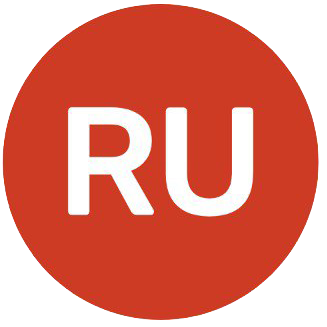An intellectual property roundtable "Intellectual property on the rise: how to maximize its positive impact and avoid hazards" was held in Moscow
10/04/2024
Within the framework of the BRICS Expert Council—Russia, a roundtable discussion on intellectual property issues took place on April 8, at HSE University campus in Moscow. Mr. Alan Freeman, Co-Director of Geopolitical Economy Research Group in University of Manitoba; Secretary of Geopolitical Economy Research and Education Trust; Co-Editor of Geopolitical Economy Book series, Manchester University Press, and Dr. Victoria Panova, Head of the BRICS Expert Council and Vice-Rector of HSE University, were present at the session.
The BRICS Expert Council–Russia was established according to the decision of the Government of the Russian Federation at HSE University at the initiative of the Ministry of Foreign Affairs and the Ministry of Finance of the Russian Federation. The Council is engaged in expert, analytical and scientific activities on current issues of political, socio-economic, and humanitarian cooperation within BRICS.
Assuring technical sovereignty, bridging the development divide between nations, and addressing global issues are all made possible by intellectual property, which is particularly essential for the BRICS and Global Majority nations.
One of the most essential instruments for closing the development gap between nations, resolving international issues, and maintaining technical sovereignty is intellectual property, which is particularly crucial for the BRICS and Global Majority nations. The experts talked about unique methods and engagement strategies in the sphere of intellectual property, as well as the state of affairs as it stands at the moment.
Alan Freeman stressed in his address that intellectual property is a novel and vitally significant kind of property. “This kind of property is just as crucial in the current global system as other pressing issues like the dollar's domination and economic division. Simultaneously, there exists an additional serious issue, which is the prevalence of the American-centric approach on intellectual property,” stated Mr. Freeman. “I believe that the time has come to develop alternatives to this approach, and BRICS could be a full-fledged platform for this.”
Victoria Panova said that the expert community is grateful for the scientist's visit to Moscow. During the conversation, Vice-Rector stressed the significance of spreading equitable perspectives on intellectual property: “It is of the utmost importance to work together to update intellectual property standards, which would consider the interests not only of a small group of countries that have long benefited from this process, but also take into account the interests of the whole world. We will keep pushing in this direction.”
Prominent intellectual property scientists from Russia also took part in the event. They offered their suggestions for the advancement of modern and fair approaches to intellectual property in the emerging multipolar world order.
According to the World Intellectual Property Organization (WIPO), in 2009, there were less than 2 million patent applications worldwide. At the same time, in 2022, already 3,46 million applications were registered globally. Intellectual property is a crucial element of progress that is used to translate ideas into real assets which are able to improve the quality of life and solve the greatest global challenges.
Expert discussions will continue at the national level in face-to-face and online modes within the BRICS countries.

